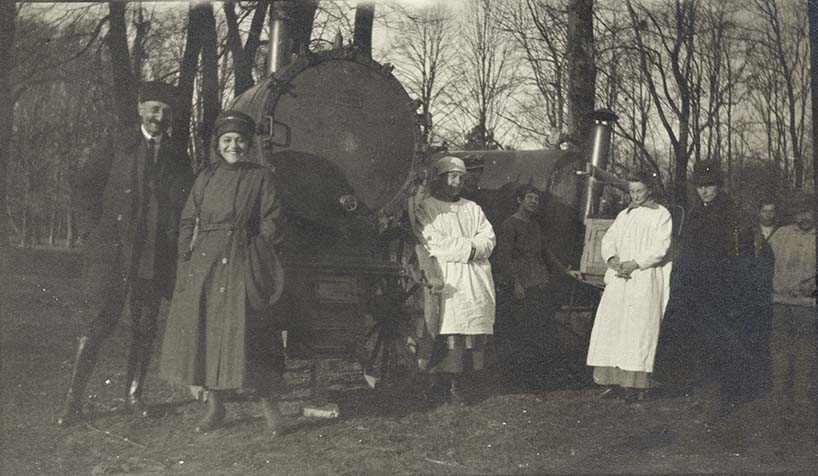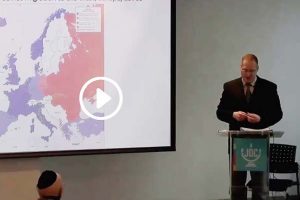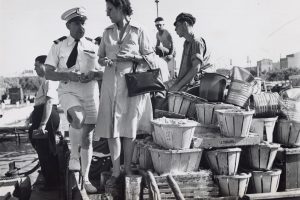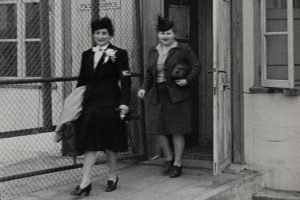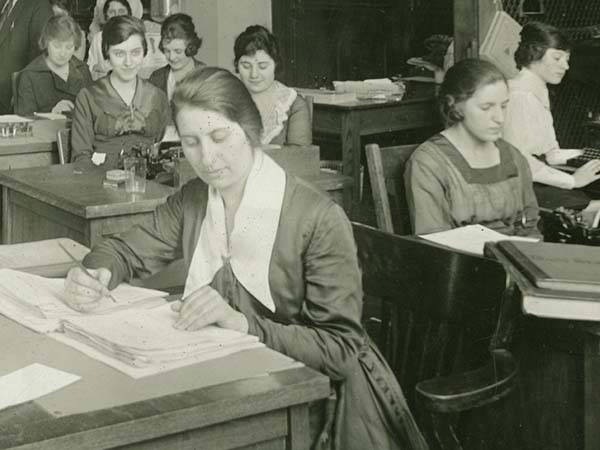
JDC Archives Public Program Series Highlights Jewish Women in Turbulent Times
Leadership and resilience to assist communities around the world
In winter 2021-2022, JDC Archives presented a virtual series of public programs around the theme “Jewish Women in Turbulent Times: Changes, Challenges, and Opportunities,” to raise awareness about Jewish women’s leadership and resilience in communities throughout the world during the twentieth century. This project has built upon the interest generated by JDC Archives’ online exhibit “Imagine More: The Women of JDC,” which sheds light on the work of influential professional staff and lay leaders who played a significant role in the organization’s global relief efforts since its founding.
The first program in the series was the Helen Cohen Memorial Lecture. Professor Susan Gilson Miller (UC Davis), recipient of the Fred and Ellen Lewis/JDC Archives Fellowship in 2012, presented her newest book, Years of Glory: Nellie Benatar and the Pursuit of Justice in Wartime North Africa (Stanford University Press, November 2021), which tells the story of Hélène Cazès-Bénatar, a highly regarded Moroccan Jewish lawyer, who teamed up with JDC during World War II to organize a sweeping program of wartime refugee relief in Casablanca. Drawing on a range of sources including the JDC Archives, introduces a woman who fought injustice as an anti-Fascist resistant, advocate for refugee rights, liberator of Vichy-run forced labor camps, and legal counselor to hundreds of Holocaust survivors. View recording.
The second program was a lecture by Professor Melissa Klapper (Rowan University), a recipient of the 2021 Fred and Ellen Lewis/JDC Archives Fellowship, who gave a lecture on American Jewish Women serving the JDC abroad during the interwar years. The talk explored how a cadre of American Jewish women spent significant time traveling and living abroad while working for the JDC. Some of them filled roles then seen as uniquely suited to women, such as nursing, while others performed the same type of work as men but brought a gendered perspective to it that shaped their successes, failures, and acceptance by the Jewish communities abroad where they represented the JDC. View recording.
The last program was a lecture by Dr. Juliet Golden (Syracuse University) on Sara-Zofia Syrkin-Binsztejnowa. The lecture investigated the central role that Syrkin-Binsztejnowa, a woman doctor, played in fighting epidemics both in post-World War I Galicia and later in the Warsaw Ghetto during World War II. Sara-Zofia Syrkin-Binsztejnowa was also pivotal in launching the national Jewish public health system TOZ (Jewish Health Protection Society) in Poland. Through uncovering this woman’s history, we are invited to consider the important linkages between the two eras and Syrkin-Binsztejnowa’s relentless commitment to public health. View recording.


